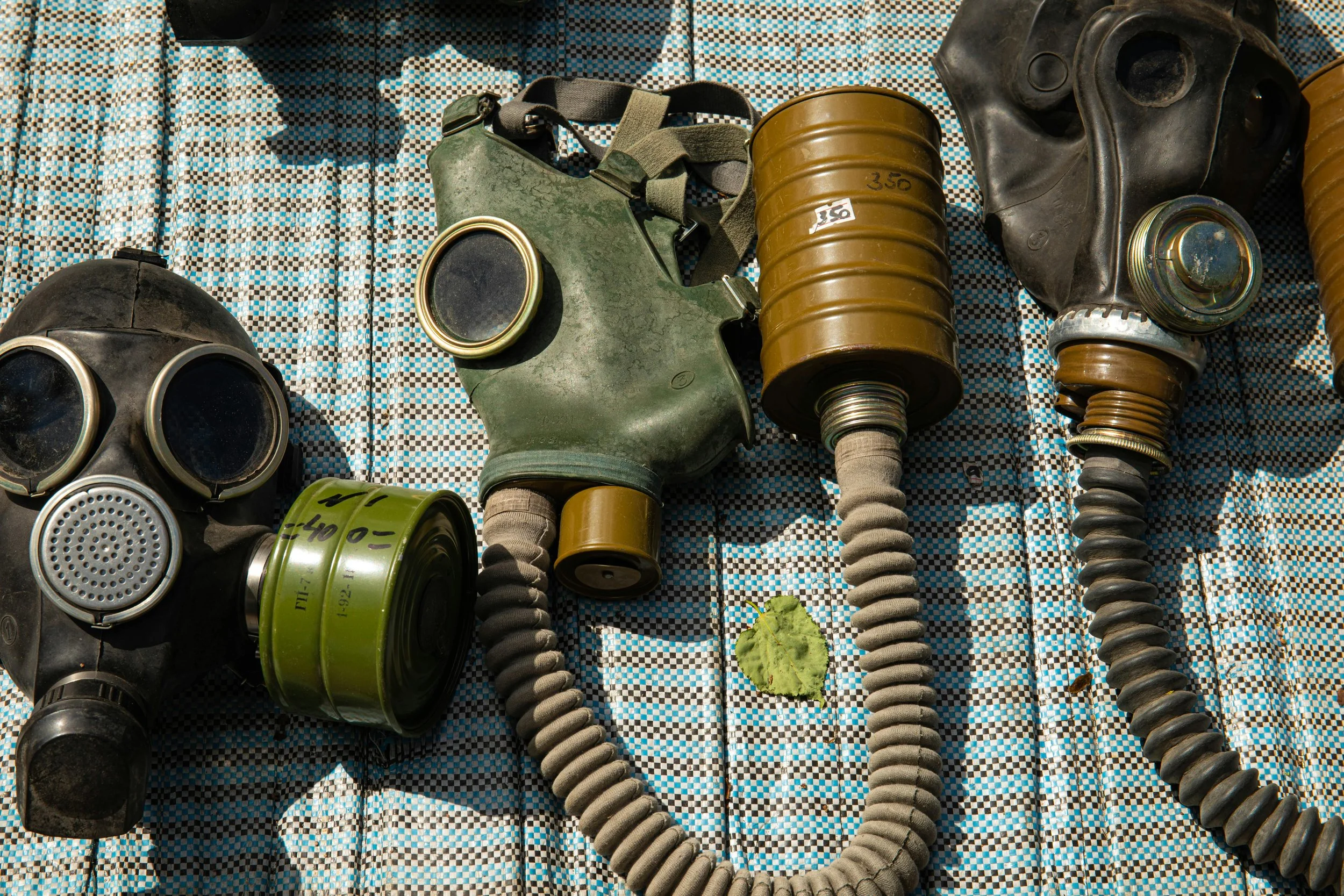Can A Dirty Air Conditioner Filter Make You Sick?
Your air conditioner is supposed to keep you comfortable, but what if it’s quietly making you feel worse? If you’ve been dealing with headaches, allergy flare-ups, or just feel off at home, your AC filter might be to blame. When neglected, a dirty air filter doesn't just hurt your HVAC system, it can turn your indoor air into a health hazard. Before you chalk up that stuffy nose or dry throat to seasonal allergies, it’s worth taking a closer look at what’s hiding in your vents. Staying on top of HVAC maintenance is one of the easiest ways to protect your health.
Why a Dirty Air Filter Is a Serious Problem
An AC filter does more than just protect your HVAC equipment, it’s your home's first line of defense against airborne pollutants. Think of it as a gatekeeper that traps dust, pollen, pet dander, mold spores, and even microscopic bacteria before they circulate through your home. Without a clean, effective filter, your AC system essentially becomes a delivery system for indoor air pollution.
Modern homes are better sealed than ever, which is great for energy savings but bad for ventilation. A quality filter is your constant cleaner, working around the clock to catch the stuff you don’t want to breathe. And when it’s doing its job right, you feel the difference, not just in cleaner air, but in fewer allergy symptoms, less dusting, and even better sleep.
A good filter traps particles before they reach your lungs, but that’s not the whole story. It also protects the delicate balance of airflow your HVAC system relies on. Think of it like oil in a car engine. It doesn’t just keep things clean, it keeps the whole machine running smoothly and efficiently. And that directly affects not just your comfort, but your energy bills and long-term health.
Clogged Air Filter Symptoms You Shouldn’t Ignore
When your filter gets clogged, it chokes the airflow, like trying to breathe through a pillow. Your AC has to work harder to push air through, which increases energy use and shortens the life of your system. But the bigger issue is pollutants that were once trapped now slip through and recirculate. It’s a chain reaction: less airflow means uneven cooling, stuffier rooms, and rising humidity, all of which create perfect conditions for mold and bacteria growth. A clogged air filter silently sabotages both your air quality and your comfort. These are classic clogged air filter symptoms, and ignoring them may eventually require costly HVAC repair.
What’s Hiding in Your Clogged Air Filter?
A neglected filter can turn into a petri dish. It can pile up dust and skin flakes (aka dust mites' favorite snack), pet hair and dander, pollen grains, mold spores, bacteria and viruses, soot, smoke residue, and volatile organic compounds (VOCs), fibers from carpet, furniture, or insulation, microplastics.
Some of these, like VOCs and mold spores, aren’t just irritating, they’re linked to serious health risks, especially when they're allowed to cycle through your HVAC system. And once that buildup gets moist (from humidity or condensation), it becomes a breeding ground. You’re not just inhaling dust, you’re potentially inhaling living particles. These are signs of a dirty air filter that's no longer doing its job.
Can a Bad Air Filter Make You Sick?
A dirty AC filter can absolutely make you sick. It creates an environment where allergens and pathogens thrive and spread. When you're constantly breathing in recycled air that's loaded with dust, mold, or bacteria, your body is in a state of low-grade defense. That leads to
increased allergy and asthma flare-ups, dry or irritated eyes, nose, and throat, headaches and brain fog, fatigue and poor sleep, worsened symptoms of chronic respiratory conditions. In some cases, a severely contaminated filter can even spread bacteria like Legionella, which causes Legionnaires’ disease, a rare but serious lung infection. These are some of the worst bad air filter symptoms to watch for.
Who’s Most Affected by Dirty Air Filters?
Some people feel the effects of a dirty filter almost immediately. Children, whose lungs are still developing, older adults, especially those with heart or lung conditions, allergy and asthma sufferers, people with compromised immune systems, pregnant women, for whom air quality is tied to fetal development, pets, who breathe in more air per pound of body weight than we do. In homes with babies or elderly family members, clean filters aren’t just a maintenance task, they’re a health necessity.
How Often Should You Replace a Dirty Air Filter?
Most homeowners hear “every 90 days,” but that’s a baseline, not a gold standard. A better approach is to tailor your filter change schedule to your lifestyle. Every 30-45 days in homes with pets, allergy sufferers, or smokers. Every 60 days in households with children or multiple people. Every 90 days in homes with low traffic and no pets. Every 20-30 days if you’re running your AC constantly during summer. Check your filter monthly. If it looks gray, dusty, or clogged, replace it, even if it hasn’t “hit the date.” Your nose and lungs will thank you. Regular HVAC service can help ensure nothing slips through the cracks.

